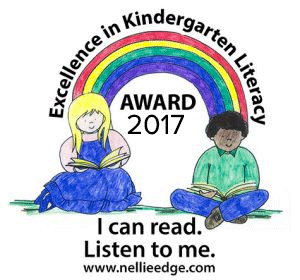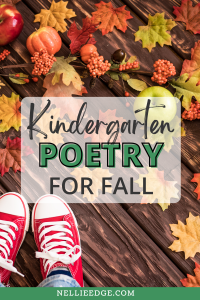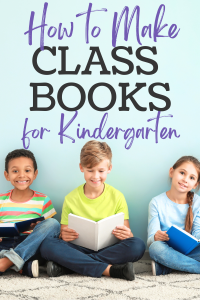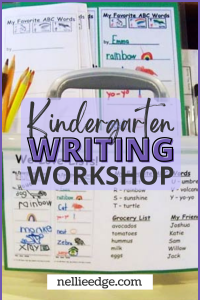Nellie Edge “Excellence in Kindergarten Literacy” Award
Recognizing Teaching Excellence
This award is our way of recognizing kindergarten teachers who…
- Bond with their children and hold the larger picture of kindergarten as a “Child’s Garden”, nurturing the development of happy responsible, caring people.
- Create a joyful community of readers and writers in their kindergarten, with challenging – yet achievable – expectations for each child; providing differentiated literacy instruction.
- Demonstrate that all kindergartners love to draw and write and that writing is the most powerful way to systematically teach phonics skills. Have high expectations, and provide the scaffolding for every child to build on success.
- Create “celebrations of language” where children memorize, recite and perform songs, poems and rhymes; connect children’s pleasure in using oral language to successful experiences with print.
- Choose the most brain-friendly literacy™ strategies to skillfully weave phonemic awareness, phonics, vocabulary, and fluency instruction into engaging and authentic learning experiences; providing joyful accelerated literacy.
- Build comprehension strategies and higher-level thinking through quality fiction and nonfiction; engage children in “grand conversations,” story retellings, visualizations, meta-cognition, and creative dramatics.
- Demonstrate the power of music and sign language to accelerate language and literacy; closing the achievement gap by taking advantage of how the brain learns best.
- Engage “Parents as Partners” in their child’s literacy development. Ernest Boyer speaks of a “covenant” that says, “We jointly share responsibility for teaching your child.”
- Design curriculum that allows children to make choices and be actively involved in meaningful projects to learn about their world and develop the social-emotional intelligence necessary for success in school – and in life.
- Articulate the research base that underlies their curriculum choices; blending “best practices” research from the fields of early literacy, child development, cognitive psychology, neuroscience, and language acquisition theory into their own proven “wisdom of practice”.
- Use the educational arts to enrich their curriculum; provide students with multiple avenues for learning that are respectful of different learning styles and that celebrate childhood.
- Engage their students in an ongoing authentic assessment process that culminates in year-end, student-led parent conferences where learning is celebrated and children share pride and ownership.
- Demonstrate exemplary teaching skills and professionalism that inspire other teachers to examine their beliefs about teaching and learning; serve as mentors in the educational community.
- Create in their students a strong work ethic – a belief that they can achieve their goals through diligent effort; encourage self-discipline and creativity; foster optimism andresilience and the capacity for children to talk about their experiences and feelings.
- Create aesthetically beautiful learning environments that facilitate socio-dramatic literacy play and demonstrate a loving respect for children.
Get our weekly blog for more high-impact strategies and free resources!








